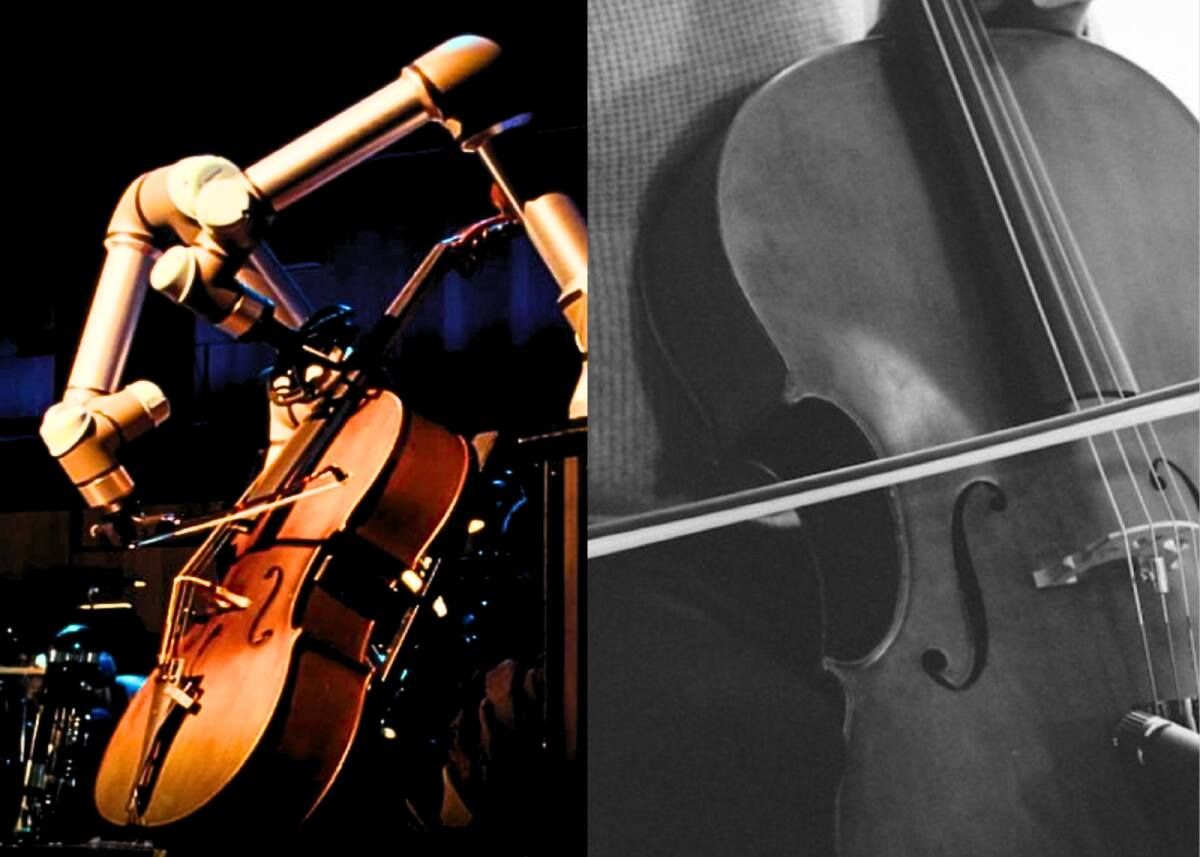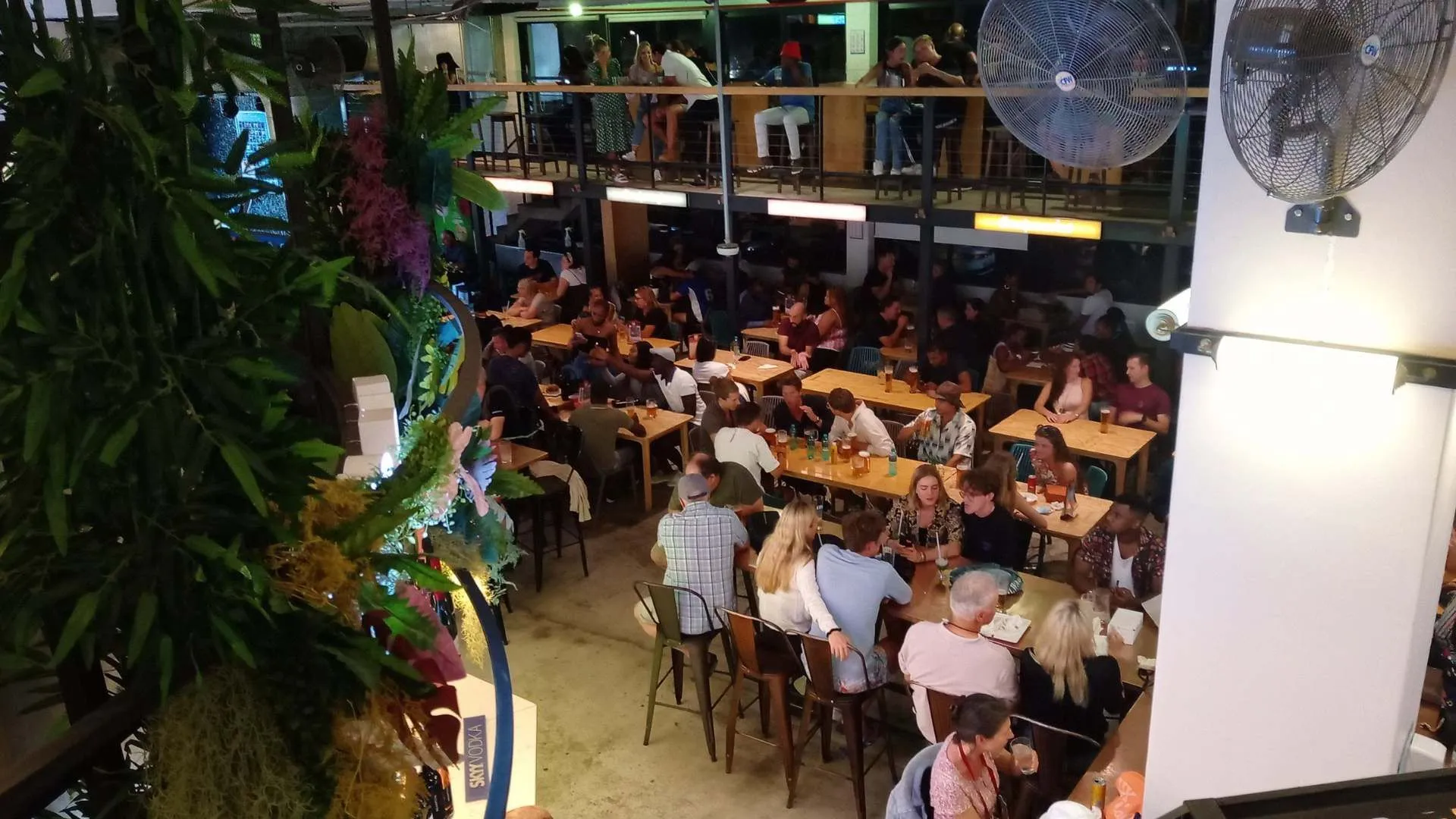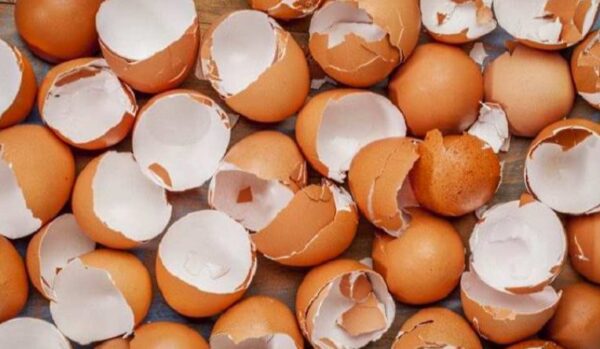A music robot recently performed on stage, playing the cello with the Malmö Symphony Orchestra in Sweden.
This remarkable debut, which took place on 17 October at Malmö Live Concert Hall, is part of a composition by Swedish composer Jacob Mühlrad, titled Veer (bot).
THE ROBOT CELLO PERFORMANCE
This piece uses a robotic cello designed by Fredrik Gran, according to The Strad.
It combines industrial robotic arms with 3D-printed parts. This event was held to showcase the possibilities of robotic instruments in classical music settings.
The cello-playing robot was specially programmed to play notes composed by Mühlrad. This made it both an instrument and a performer in its own right.
THE VISION BEHIND THE ROBOT CELLO PERFORMANCE
Mühlrad sees this as more than just a technical accomplishment.
He believes it’s a way to blend technology with human artistryin a way that respects traditional musicianship while also advancing it.
“The robot is itself an instrument controlled by my notes,” he shared.
He described how the robotic creation elevates his work to a new level.
THE ROBOT CELLO PERFORMANCE AND TRADITIONAL MUSIC
The robot’s mechanical abilities offer precision but also allow for expressive nuances. It pushes listeners to rethink the limits of traditional musical instruments, acoording to CNN.
The performance of Veer (bot) impressed audiences and stirred discussions around the future of technology in music.
The piece itself is based on Mühlrad’s solo piano work Veer.
He added robotic elements, showcasing how machines and humans can complement one another in art.
ROBOT CELLO PERFORMANCE TO GO TO THE U.S.A.
This performance is not a one-off—plans are already in motion for the robot to travel to the United States for further performances in December.
As discussions about AI and automation continue globally, this performance presents a fresh perspective on how technology might augment, rather than replace, human creativity and skill in the arts.
THE DEBATE
The debate around AI and creativity is intensifying as technology, like the cello-playing robot in Sweden, pushes into traditionally human-dominated fields.
Supporters argue that AI can enhance human creativity by offering new tools and forms of expression.
Critics worry that mechanised precision might overshadow the unique intuition and emotional resonance of human artists, according to Classic FM.
THE SOUTH AFRICAN CONTEXT
In South Africa creative industries are growing and play a crucial role in economic development, this discussion is particularly relevant.
There’s a keen interest in how AI might empower local artists and music. Will it help them reach global audiences and experiment with new forms.
THE DOWNSIDE
Others worry about the potential displacement of human talent in fields already challenged by economic disparities.
As technology reshapes every aspect of modern life, performances like Veer (bot) by Jacob Mühlrad illustrate the potential for AI to contribute meaningfully to human artistry, rather than compete with it.
WHAT OTHER FORMS OF ART DO YOU THINK COULD BENEFIT FROM AI INNOVATIONS?
Let us know by clicking on the comment tab below this article or by emailing info@thesouthafrican.com or sending a WhatsApp to 060 011 021 1.
You can also follow @TheSAnews on X and The South African on Facebook for the latest news.














